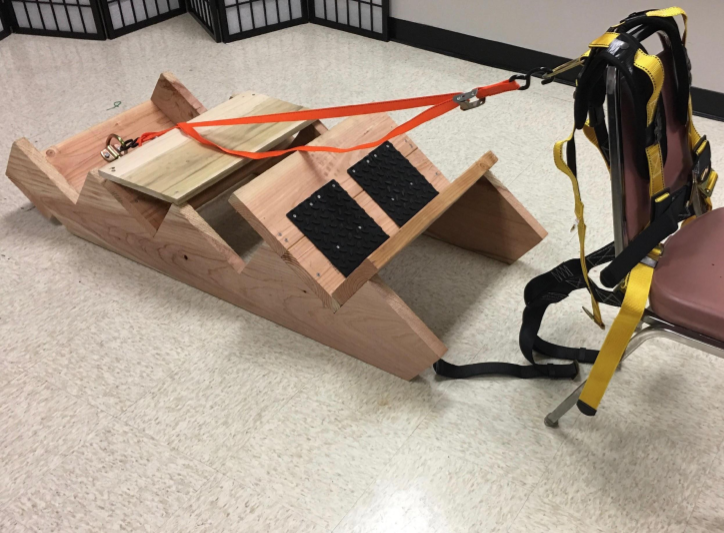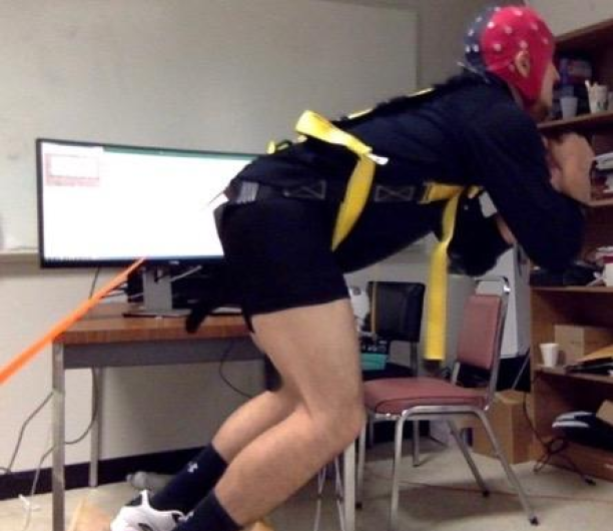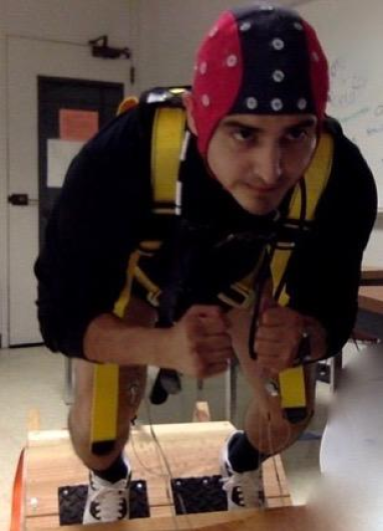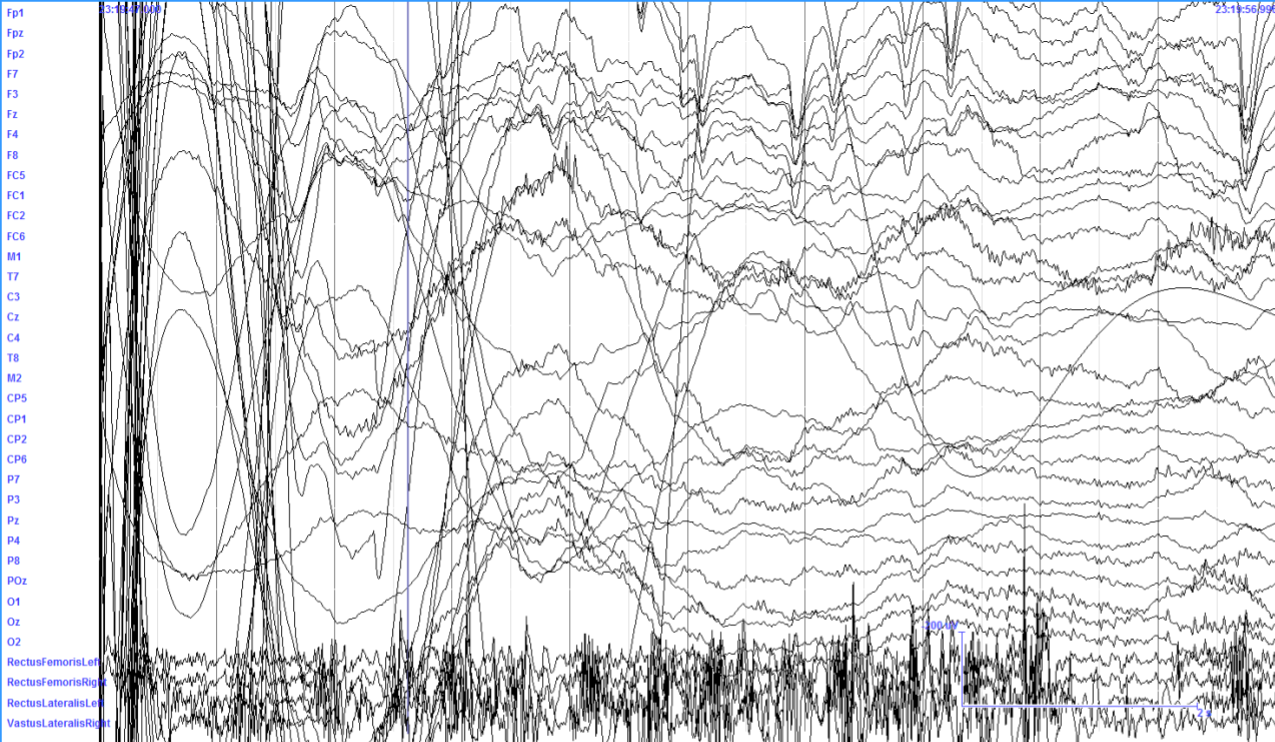Abstract
We aim to optimize post-stroke motor control rehabilitation therapy via integration of cardiovascular activity. Although stroke therapy ranges from months to years for some stroke patients, the majority of neurological recovery occurs within the first three months. Afterwards, neurological recovery occurs at a reduced rate for a period of up to one year.
Current studies report that cardiovascular activity increases synaptic plasticity by affecting synaptic structure and potentiating synaptic strength, strengthening neurogenesis, metabolism and vascular function. Integrating cardiovascular activity in post- stroke motor control rehabilitation therapy may help better restore two-way communication between the central nervous system and extremities via growth of alternative central nervous system pathways; thus, resulting in improved motor control in both upper and lower extremities.
We hypothesize that the neurotrophic factors engendered by cardiovascular activity significantly fortify descending motor pathways. In part one, functional magnetic resonance imaging (fMRI), electroencephalography (EEG), and load cell readings quantify the level of brain activity resulting from upper extremity movement and lower extremity movement in two cohorts, each cohort consisting of four members.
In part two, cohort one will perform 30 minutes of cardiovascular activity prior to 30 minutes of upper and lower extremity strength training five times a week for a total of three months. During this period, cohort two will perform only 30 minutes of upper and lower extremity strength training five times a week. In part three, fMRI and EEG will quantify the level of brain activity resulting from upper extremity movement and lower extremity movement in both cohorts. After data collection, juxtaposition of functional magnetic resonance images in conjunction with electroencephalograms during day one and during day ninety will occur in order to quantify the significance of cardiovascular activity integration in post-stroke motor control rehabilitation therapy.




